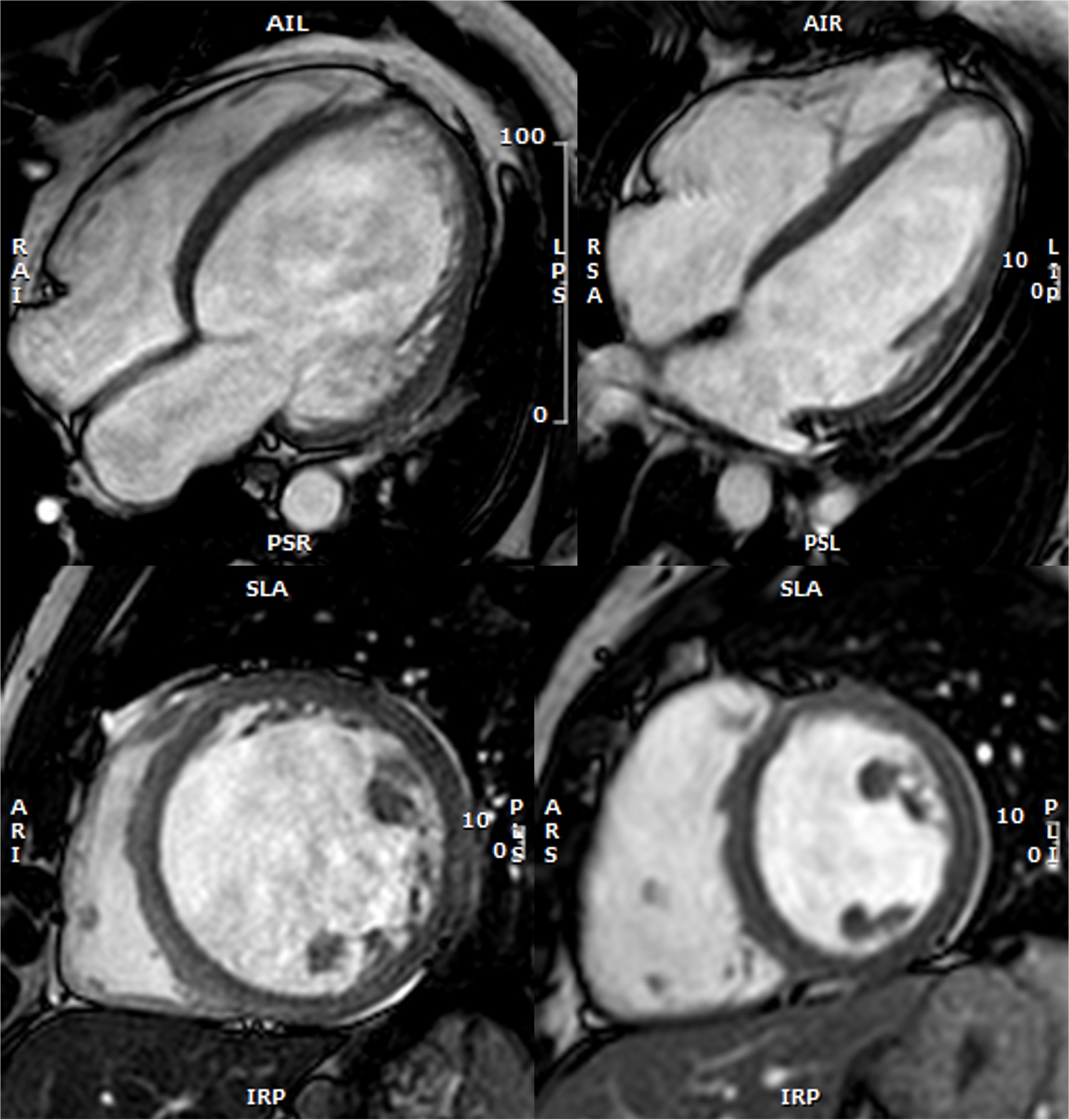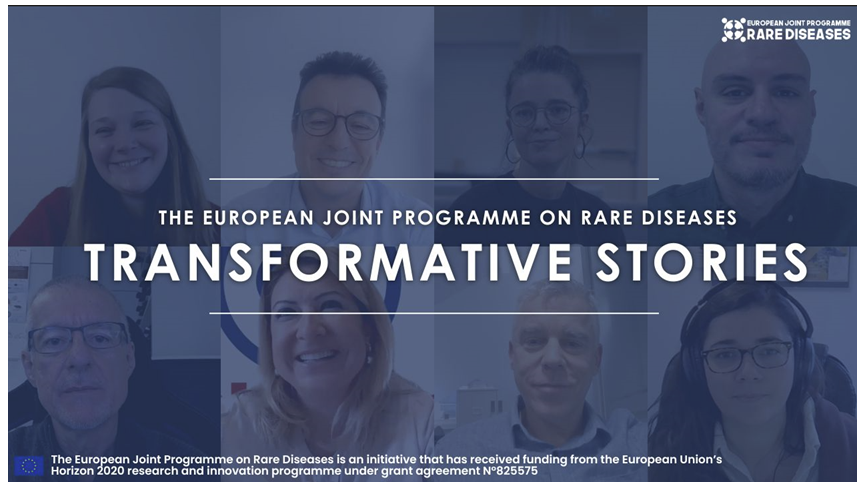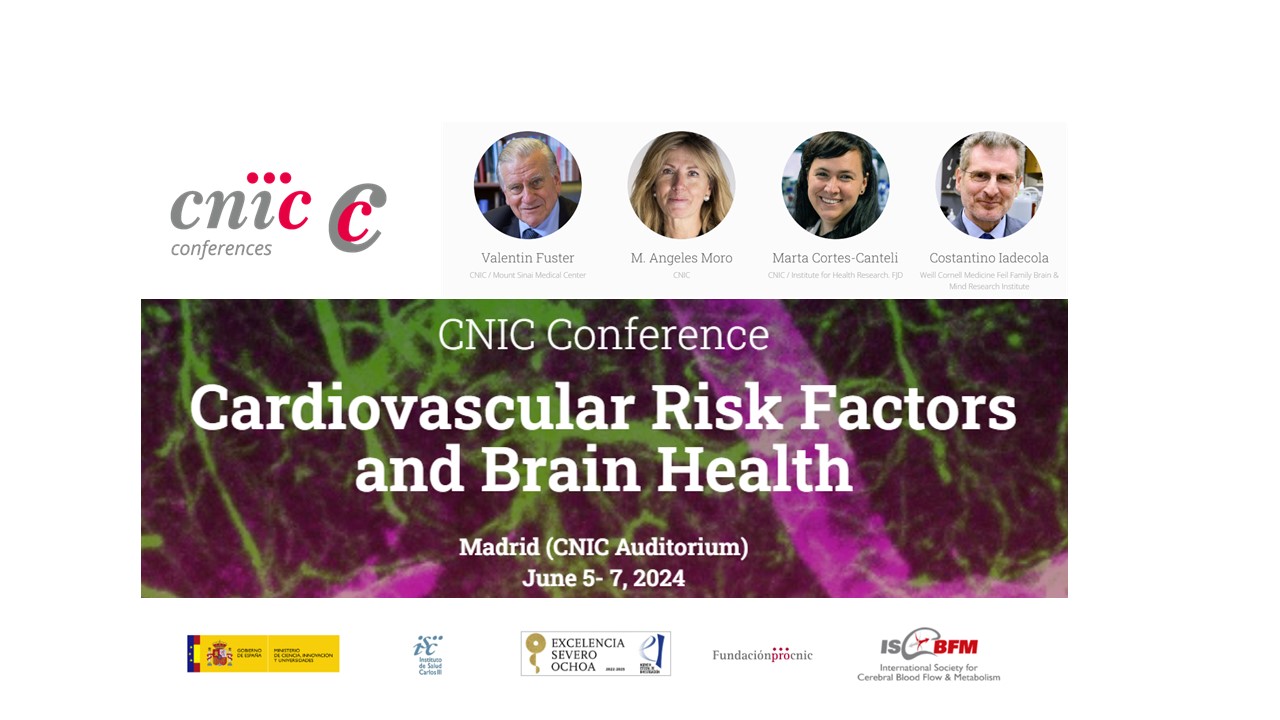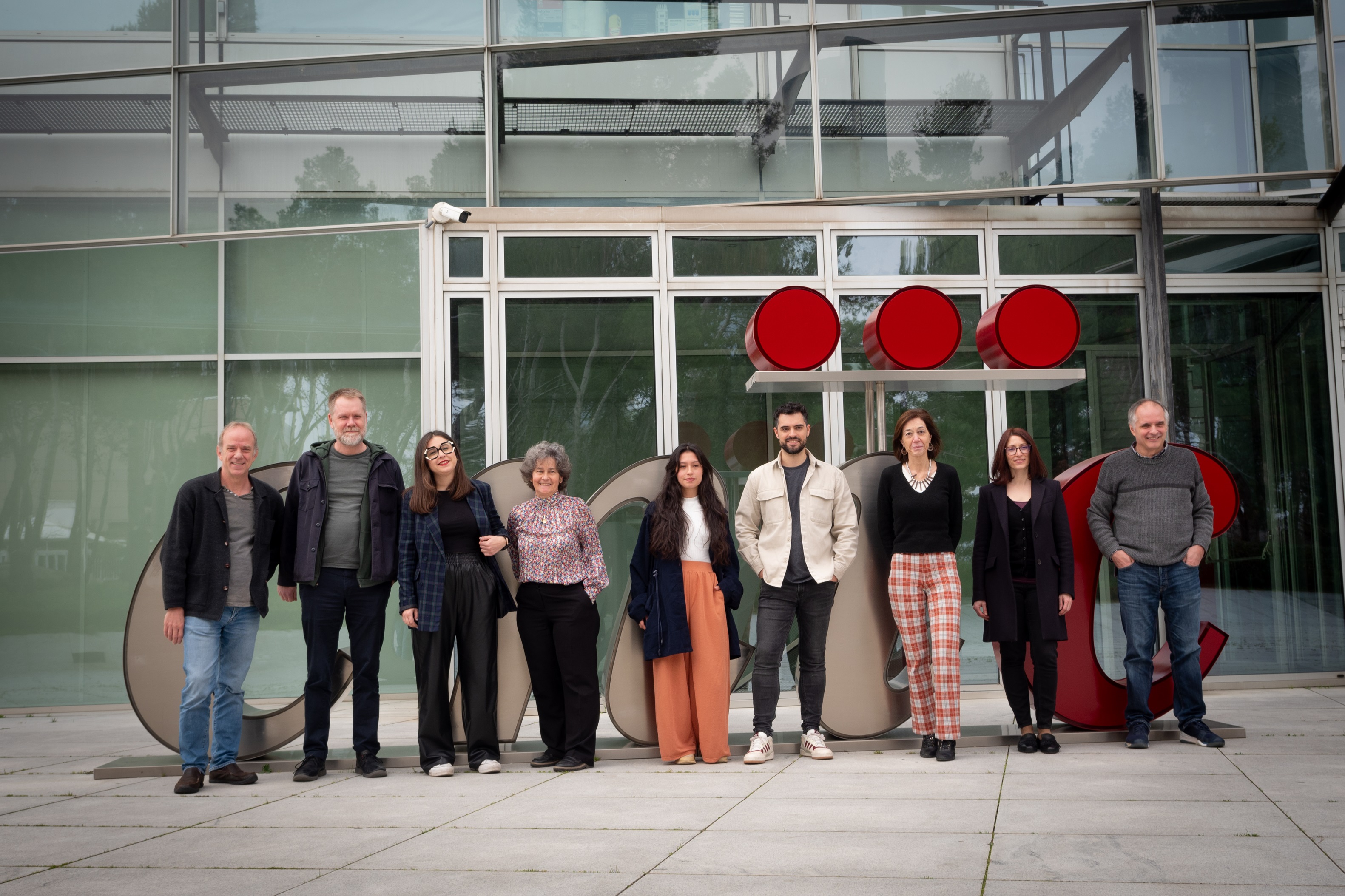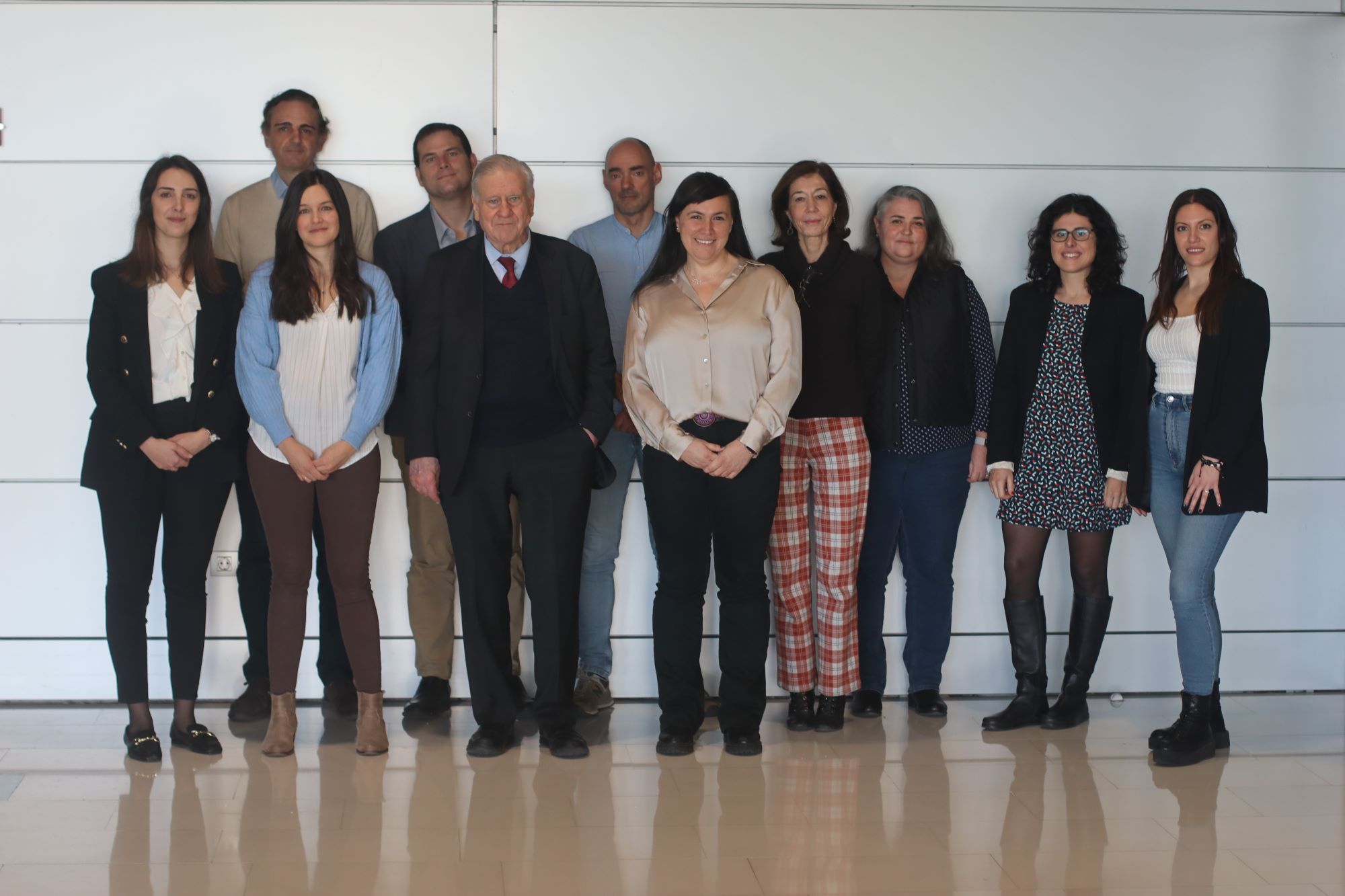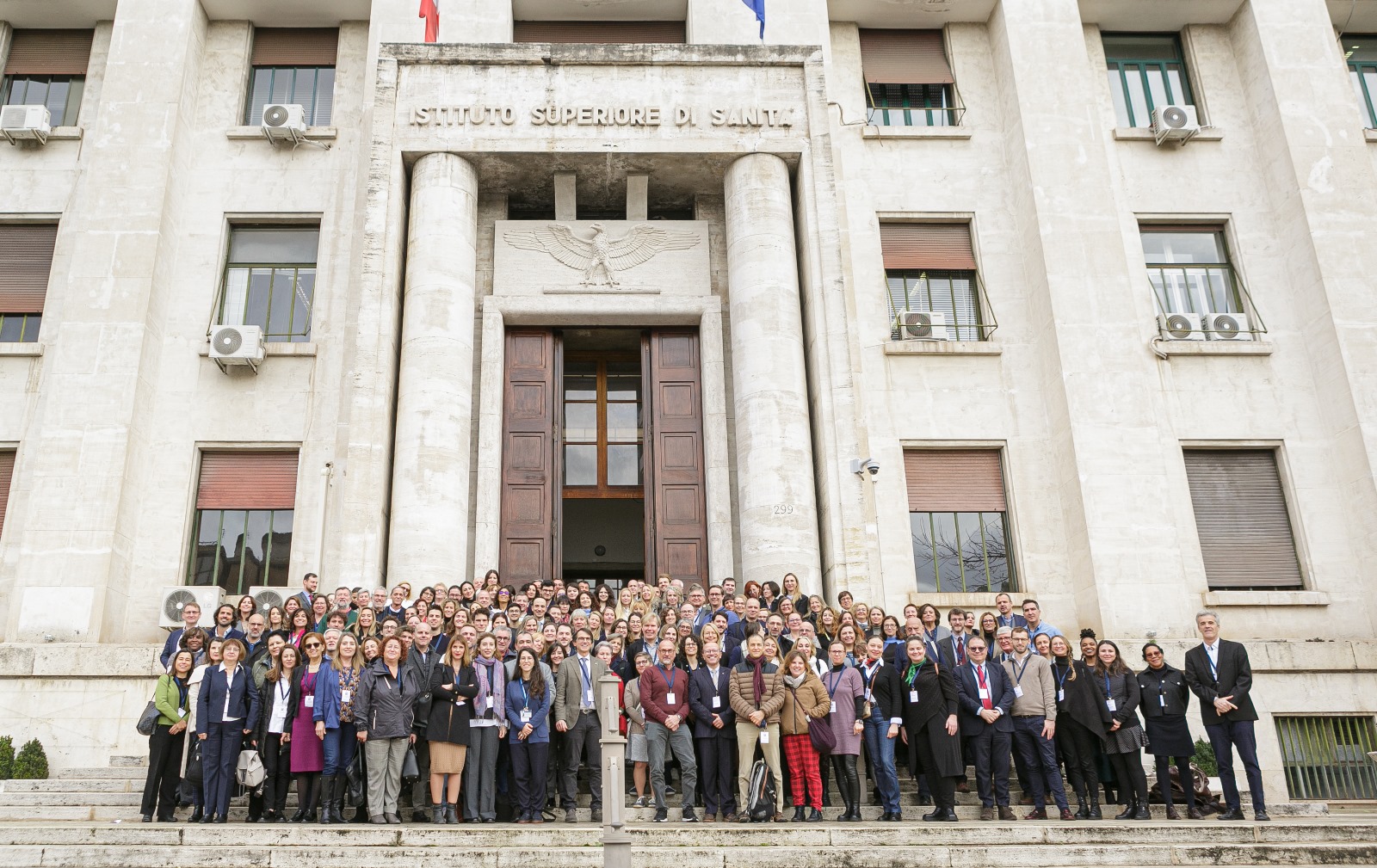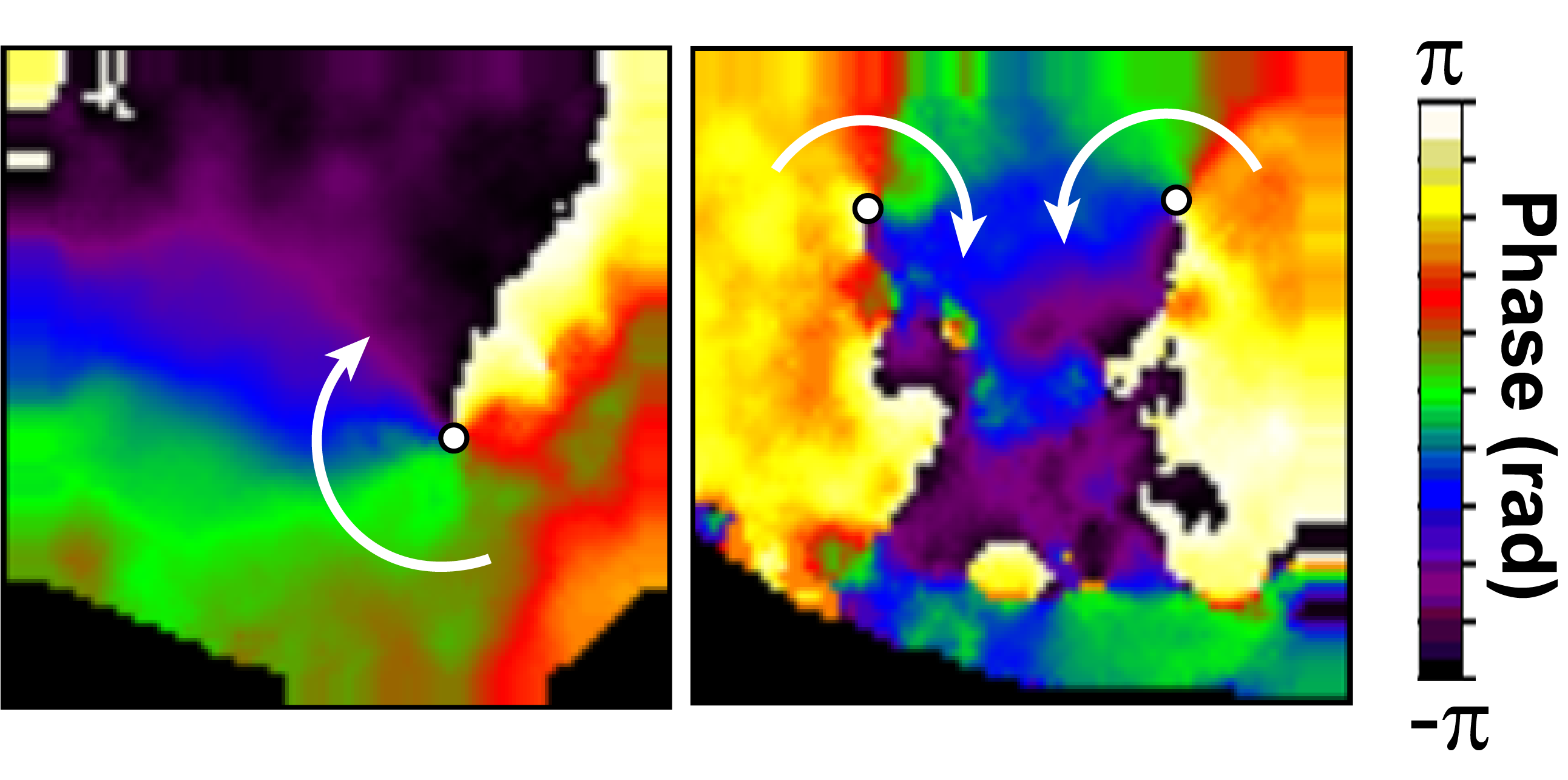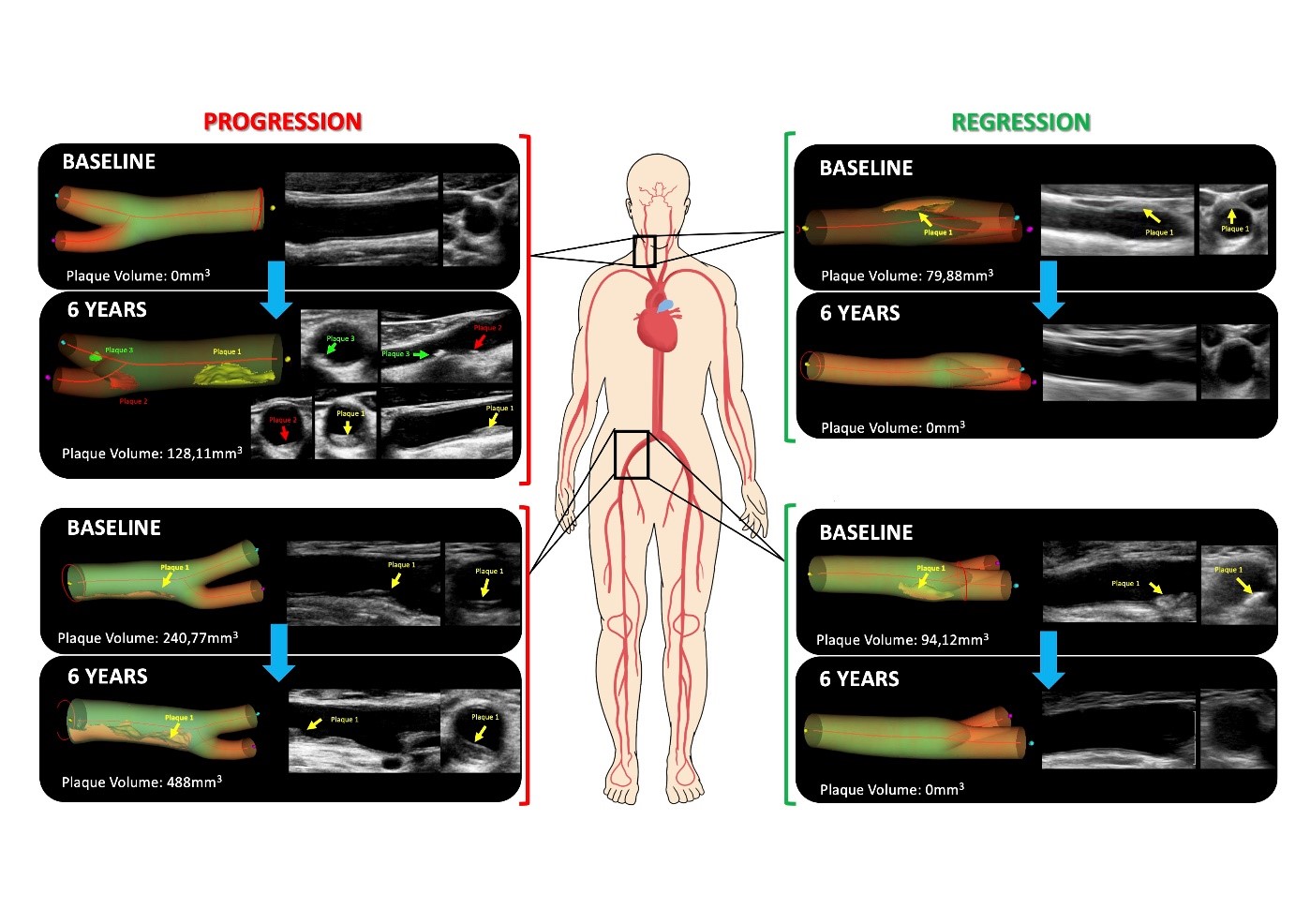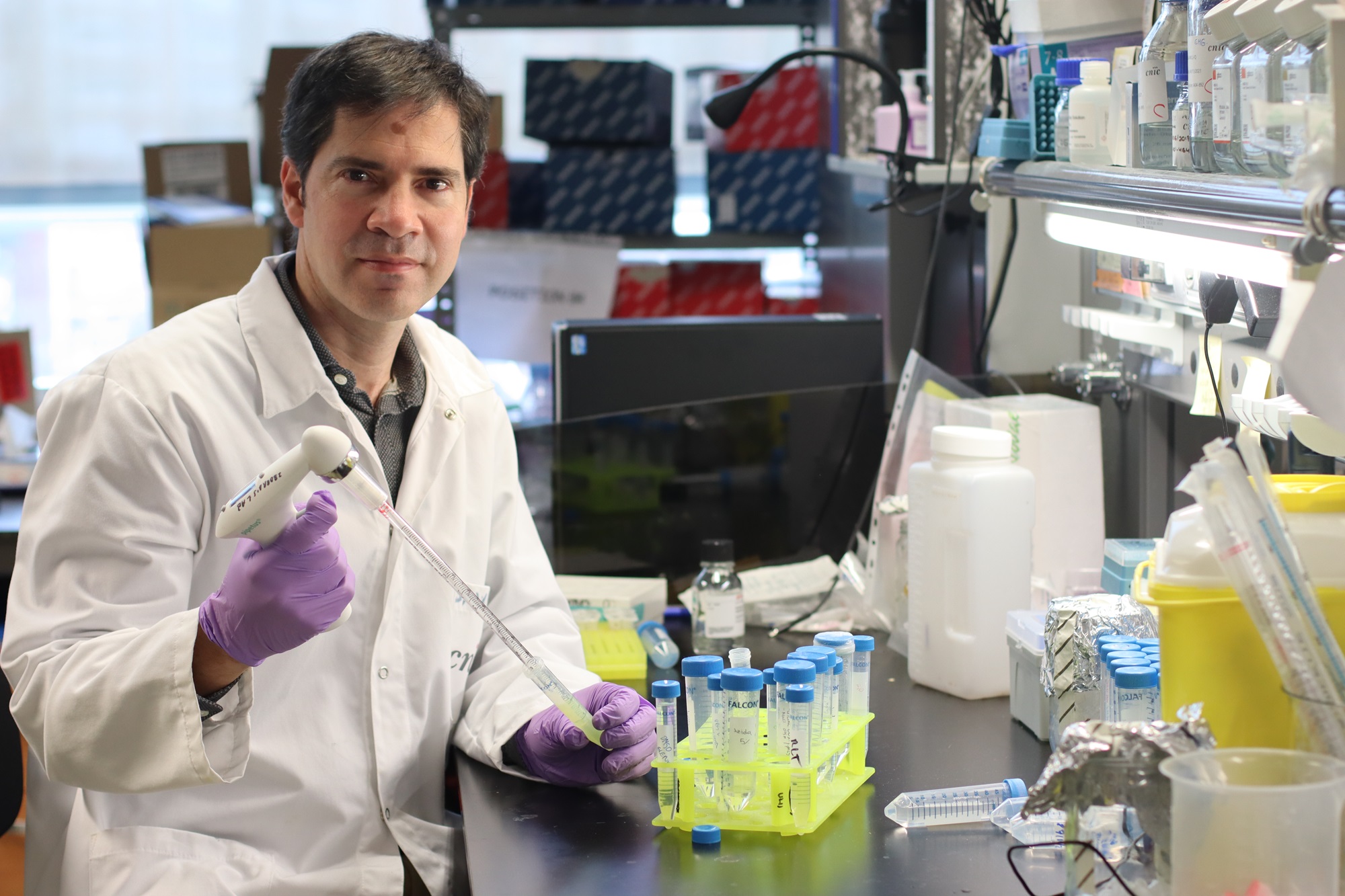News search
|
Research 19 Apr 2024 The results, published in JACC, suggest that these factors could be used to predict the risk of developing dilated cardiomyopathy and adapt strategies for patient care and disease detection in genetic carriers of the disease |
|
About the CNIC 9 Feb 2024 The National Center for Cardiovascular Research Carlos III (CNIC) is excited to announce the upcoming edition of the CNIC Conferences |
|
Research 1 Feb 2024 A study published in Nature Cardiovascular Research reveals smooth muscle-derived cells as a new target for reducing the size of atherosclerotic plaque. The results open up new avenues for the design of treatments to enhance the beneficial effect of cholesterol-lowering drugs |
|
Research 23 Jan 2024 The most potent genetic risk factor for Alzheimer disease, APOE4, is associated with an elevated risk of developing subclinical atherosclerosis in middle age, whereas the Alzheimer-protective variant of the same gene, APOE2, protects against subclinical atherosclerosis |
|
About the CNIC 29 Nov 2023 CNIC and the i+12 Institute co-lead one of the working groups of this initiative. |
|
Research 20 Nov 2023 Atherosclerosis, previously believed to be an irreversible progressive disease, can be reversed if risk factors are contolled early enough |
|
About the CNIC 31 Oct 2023 Dr Sancho heads the CNIC Immunobiology Laboratory, whose work focuses on research into the function of dendritic cells and macrophages, as key immune cells that modulate immunity and inflammation, and the use of these cells in immunotherapy in a wide range of diseases |
- ‹ previous
- 5 of 20
- next ›
